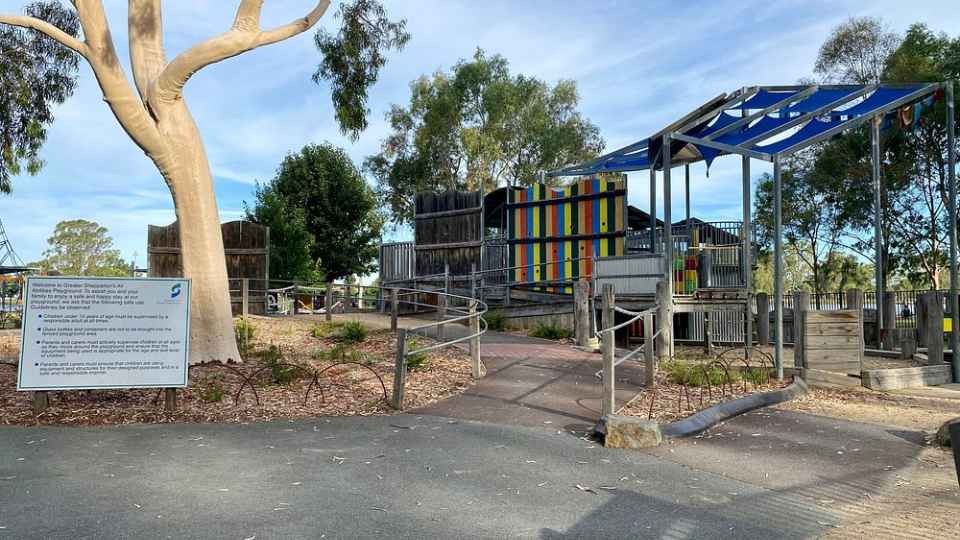In Summary
- Council has raised strong concerns over the new Emergency Services and Volunteers Fund (ESVF), which will replace the Fire Services Property Levy from 1 July 2025.
- The new levy will see Greater Shepparton landowners pay over $4.7 million more than under the current system, with rural and regional communities disproportionately affected.
- Council is calling out the growing trend of State cost shifting to local governments, adding financial and service delivery pressures.
- Concerns have also been raised over the lack of guidance and resourcing for Councils, who will now be responsible for administering and collecting the new levy.
Greater Shepparton City Council Mayor, Councillor Shane Sali, said Council is extremely disappointed that the Fund will lead to money being directly taken from regional Victoria.
“This legislation will result in millions of additional dollars being collected from regional communities like Greater Shepparton,” Cr Sali said.
“For our municipality alone, this change means an increase of more than $4.7 million compared to what is currently collected under the FSPL. Under the new structure, the primary production variable rate will rise sharply from 28.7 cents to 71.8 cents per $1,000 of Capital Improved Value (CIV), a shift that disproportionately affects regional and rural areas.
In addition to the financial impact on regional communities, Cr Sali highlighted the ongoing trend of cost shifting from the State Government to local councils.
“Councils are increasingly funding services that should be a State responsibility, everything from libraries and school crossings to maternal and child health, kindergartens, waste, and environmental management,” he said.
“Now we are being asked to absorb not just the financial hit as landowners, but also the potential cost and complexity of collecting this new tax on behalf of the State.”
Council is particularly concerned about the administrative implications of the new levy, as local governments have received no clear guidance on how it will be implemented or whether current systems can support the change.
“We are awaiting advice from the State Government on how Councils are expected to manage this transition,” Cr Sali said.
“Without adequate resourcing, this policy risks adding significant administrative and reputational burdens to Councils across Victoria.”
The legislation designates Councils as the collection agents for the new fund, requiring adjustments to rates notices and internal systems to accommodate the more complex structure of the ESVF.













